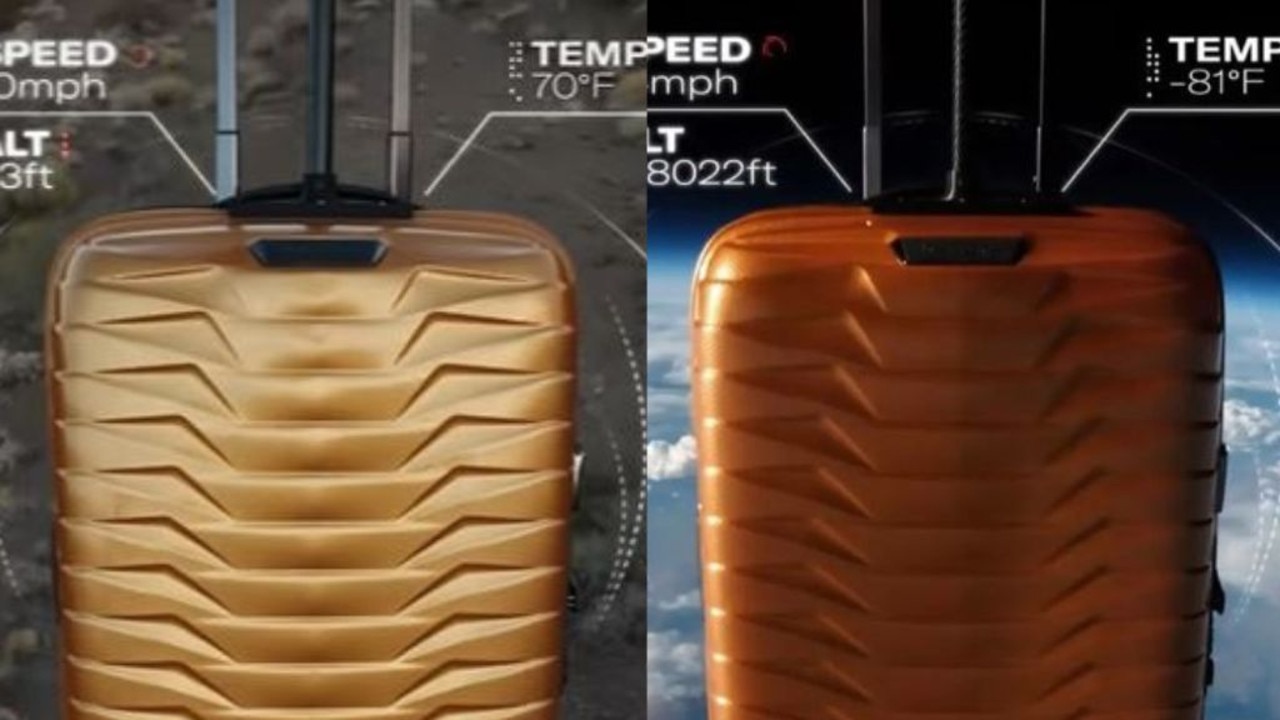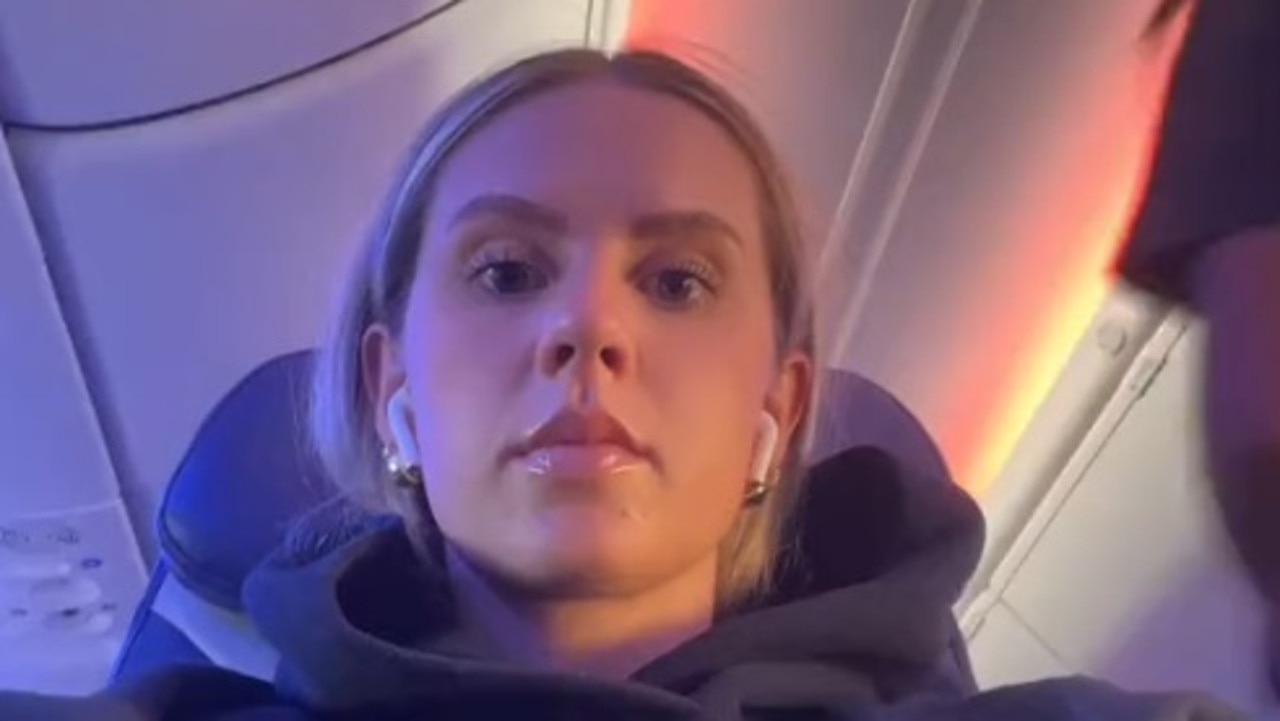Online test reveals what it takes to be a pilot
When it comes to quick reactions and a sense of direction — pilots need these skills in spades. But how would you do taking the initial entry exam?
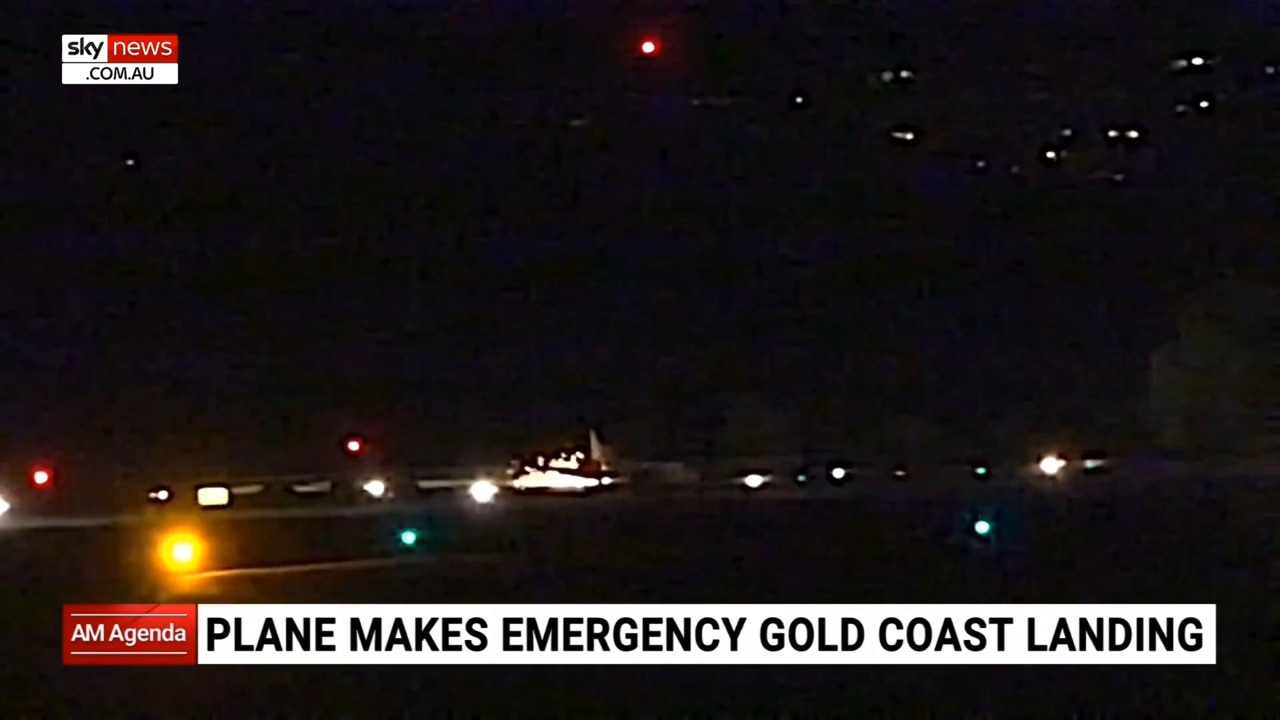
In a bid to attract more suitable applicants to become an airline pilot, an online preliminary test has gone viral — and not because of the ease of the assessment.
Low-cost British carrier easyJet launched the online pilot aptitude test, which is part of a pan-European recruitment campaign targeting female candidates.
According to the airline, the assessment is designed to highlight the type of people that can become pilots and encourage more applicants from under-represented groups.
The tests focus on the sense of direction (click here to try) and reaction speeds (click here to try).

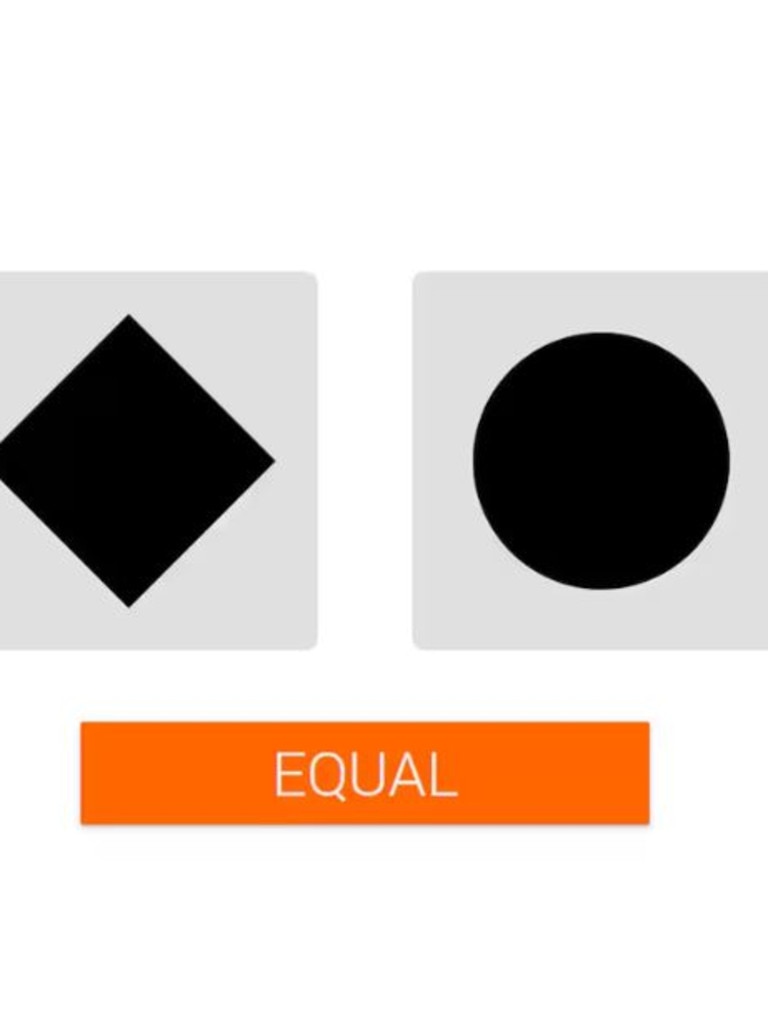
While one tests ‘quick reactions’, according to the airline, the other focuses more on an aspiring pilot’s sense of direction.
In the test, the sense of direction test has an arrow showing the direction a vehicle is heading in from above. Then, the applicant is shown an arrow after a driving manoeuvre.
Those trying the test must memorise the previous driving direction, with the task being to decide on the correct direction of the manoeuvre from the driver’s view as fast as possible.
The other test, which focuses on reaction, involves seeing two images at once on the screen, with applicants required to press ‘equal’ within five seconds when the pictures match. For example, when two triangles or two circles appear.
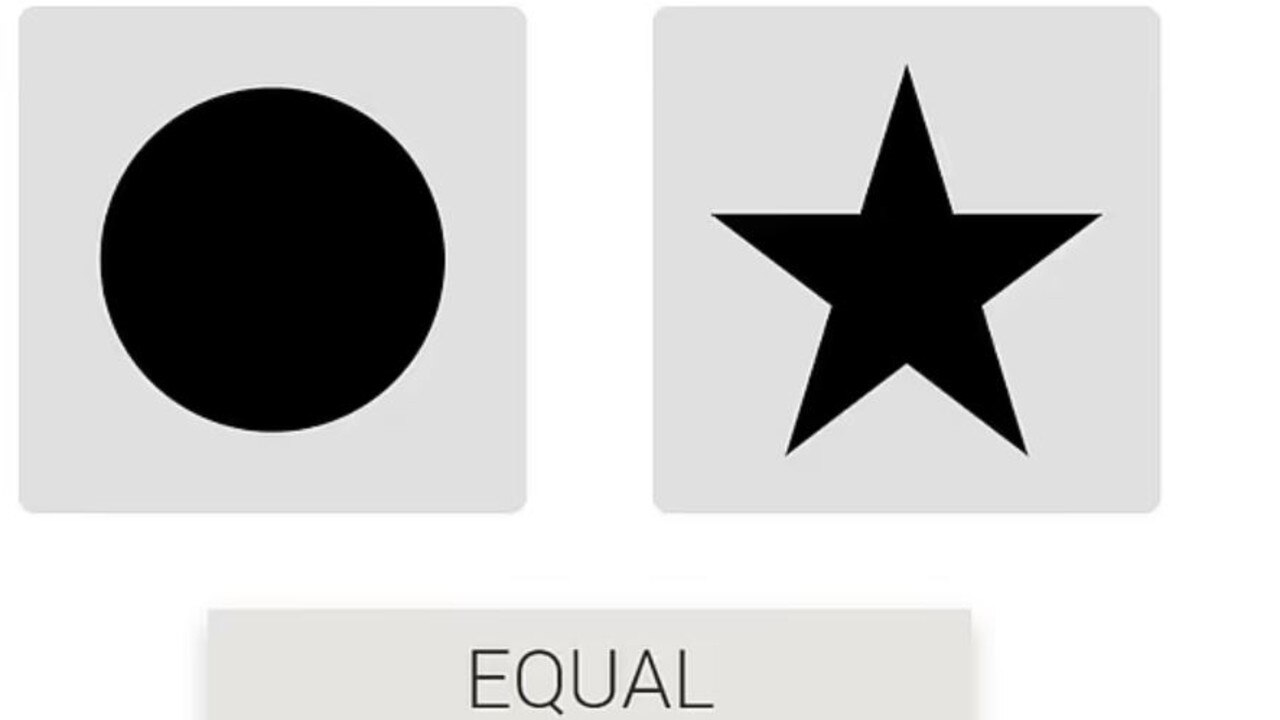
Applicants keen to have a crack at the easyJet test must be aged 18 or over and the right
to work with unrestricted access across EEA, EU, UK and Switzerland.
According to the airline, applicants must have five GCSEs (or equivalent) Grade C or above, including maths, science and English language, as well as be fluent in English (verbal and written).
The minimum height of an applicant must be 157cm and also be able to obtain an EASA or CAA Class 1 medical as required for the relevant license.
According to local media, the budget airline conducted a poll across the UK which revealed that 57 per cent believe that a university degree is required to become a pilot and 80 per cent think that 20/20 vision is a necessity – neither of which is true.



